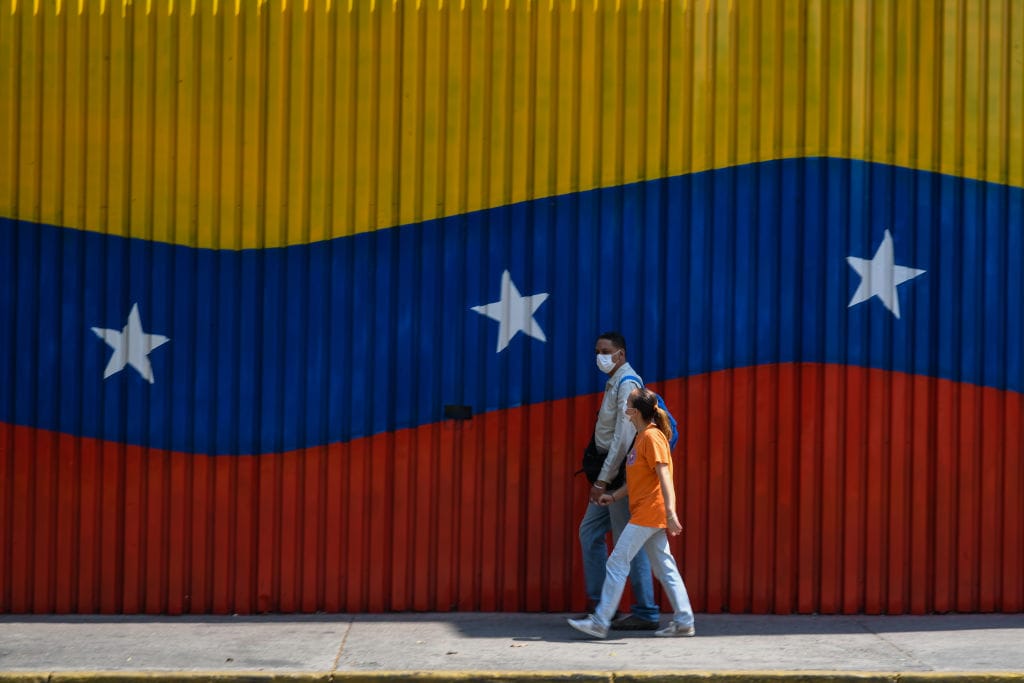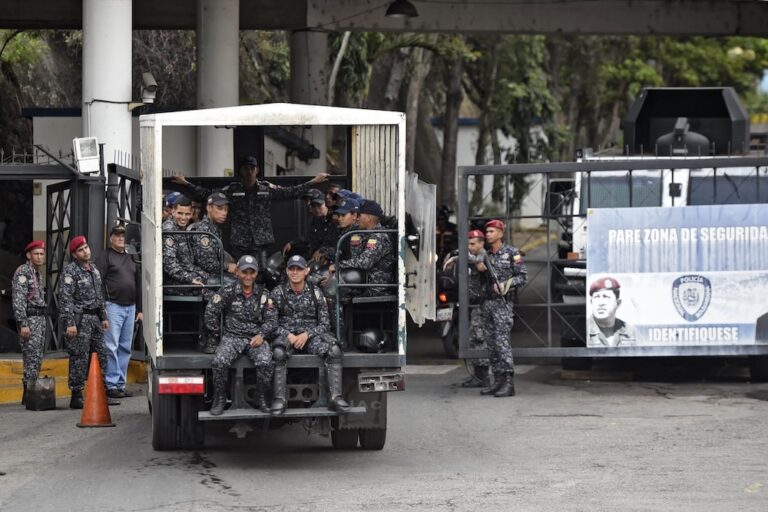The NGOs of civil society express our resounding rejection of new Administrative Ruling 001-2021 for the Unified Registry of Obligated Subjects before the National Office Against Organized Crime and Terrorism Financing
The undersigned civil society organizations express our categorical rejection of the new Administrative Ruling No. 001-2021 for the Unified Registry of Obligated Subjects before the National Office Against Organized Crime and Terrorism Financing, of the Ministry of Interior, Justice, and Peace, published in Official Gazette No. 42.098 of March 30, 2021. The mandate constitutes an unconstitutional act of legal excess and serious violation of international norms for the protection of human rights and fundamental freedoms of mandatory compliance for the Venezuelan State.
The aforementioned ruling requires the registration of all natural or legal persons of a nonfinancial nature before May 1, 2021, emphasizing the participation of Non-Governmental Organizations (NGOs) for the surveillance and supervision of their work. The ruling would impose strict controls that include handing over constitutive documentation, assembly notes, lists of members and personnel, lists of donors, registration of financial movements, and lists of all their beneficiaries and other organizations with which they work. The ruling operates under the presumption of committing crimes such as terrorism or that NGOs are vulnerable to these crimes because they are not subject to the supervision of a specific public body or regulated by a special law.
This administrative ruling,
– By establishing the possibility of illegalization and even imprisonment due to non-compliance, puts at risk the action of thousands of organizations that provide constant support to the most vulnerable sectors of the population at a time when millions of families require assistance and protection against violence, misery, hunger, serious health situations, and systematic human rights violations.
– Is a sub-legal ruling, with a lower rank even to regulations and resolutions, yet intends to regulate matters reserved to the Law by establishing procedures, requirements, deadlines, and certifications for civil society organizations that are not contemplated in any instrument of the Venezuelan legal system and, therefore, are arbitrary, intrusive, and alien to the supposed purpose they claim to pursue.
– Foregoes the existing constitutional norms, laws, and resolutions in Venezuela that protect and regulate the activity of organizations according to their non-profit nature and their character as free, autonomous, and independent associations. The ruling imposes the application of sanctions for the presumption of crimes contemplated in the Organic Law on Organized Crime and Terrorism Financing and other laws, fines, imprisonment, and revocation of activities.
Based on these considerations, we declare that:
Firstly, the ruling seriously threatens all the people under the protection provided by civil society organizations. Organizations would be obliged to reveal personal information that could endanger their lives, integrity, security, freedom, and subsistence in the current Venezuelan context. Such a requirement violates their rights to protection, assistance, confidentiality, and privacy. The undersigned organizations are committed to safeguarding such rights in any circumstance, avoiding risks of denunciation, stigmatization, and abuse through discrimination or deprivation of access to essential goods and services, as has been the case in recent years.
Second, the ruling violates the human right to freedom of association, changing its current regulatory framework, which does not admit any prior control, by imposing that civil society organizations be subject to the State’s permission, control, and possible revocation. Such a policy fails to fulfill the State’s obligations to guarantee the respect and protection of all persons in their freedom to associate and establish organizations with autonomy, independence, and capacity to have access to national and international cooperation. In the exercise of this right there may be regulations, as long as they are established by laws legitimately adopted, with temporary and proportional and non-discriminatory limitations, without affecting the essence of the right or possible suspension on the grounds of internal order.
Third, the order violates the principles of the presumption of innocence and legality. All civil society organizations would be subject to a general state of suspicion under the discretionary control of a body with oversight and intelligence functions in matters of money laundering and terrorism crimes that should be restricted to the financial system and denatured when used to control organizations. The National Office Against Organized Crime and Terrorism Financing would attribute to itself the mandate of certifying organizations of “being free of crimes”, as long as they register and comply with the required information collections, exposing themselves to unspecified sanctions. Also, the registry violates international practices and standards described in the “fight against money laundering and terrorist financing” of the Financial Action Task Force (FATF), whose standards “were drawn up to ensure that they comply with international principles on human rights and fundamental freedoms.” The deviation from these standards shows that the true intention of the registry is to exercise illegitimate control over the work of our organizations.
This measure is part of the systematic criminalization patterns against civil society organizations, which has intensified during the last year. Without a doubt, this ruling represents the most serious event that we have registered so far, including the explicit purpose of closing civic space through a siege of severe restrictions on civil society’s ability to continue defending rights and providing due assistance and protection to the Venezuelan population.
Since the application of this administrative ruling is unacceptable and would bring greater unfortunate consequences of human suffering for the Venezuelan population – severely affected by serious human rights violations, the Covid-19 pandemic, and the multidimensional emergency that the country has been experiencing for many years – we demand its immediate repeal and the complete end of the criminalization and persecution policies that curtail the right of civil society to contribute to the solutions of the complex and profound problems of the country, which demands the opening and the strengthening of civic space.



